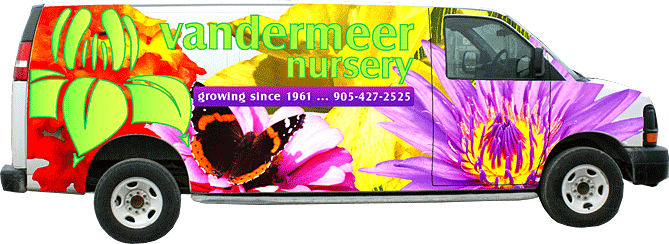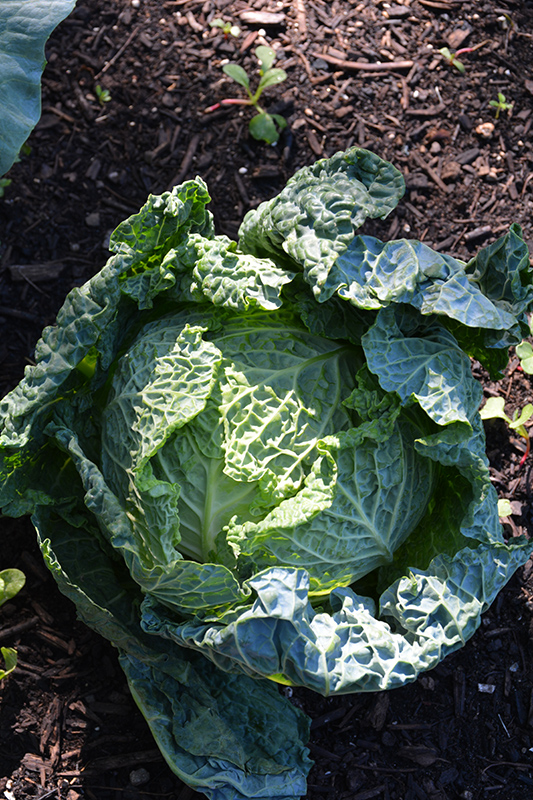VANDERMEER
PLANT LIBRARY
Find the perfect plant for your space by browsing through this extensive selection that we typically carry every year.
This library is for information purposes only.
Savoy Ace Cabbage
Brassica oleracea var. sabauda 'Savoy Ace'
Height: 14 inches
Spacing: 18 inches
Sunlight:
![]()
Hardiness Zone: (annual)
Description:
A lovely cool weather performer that is perfect for large patio containers or gardens; produces 12" globe shaped heads of dark green crinkled leaves; tender and crisp, perfect for stir frys, coleslaw, and cabbage rolls
Edible Qualities
Savoy Ace Cabbage is an annual vegetable plant that is commonly grown for its edible qualities. The round green tightly-wrapped heads of foliage are usually harvested from early fall to early winter. The heads have a pleasant taste and a crisp texture.
The heads are most often used in the following ways:
- Fresh Eating
- Eating When Cooked/Prepared
- Cooking
Planting & Growing
Savoy Ace Cabbage will grow to be about 14 inches tall at maturity, with a spread of 24 inches. When planted in rows, individual plants should be spaced approximately 18 inches apart. This vegetable plant is an annual, which means that it will grow for one season in your garden and then die after producing a crop.
This plant is typically grown in a designated vegetable garden. It should only be grown in full sunlight. It does best in average to evenly moist conditions, but will not tolerate standing water. It is not particular as to soil pH, but grows best in rich soils. It is somewhat tolerant of urban pollution. Consider applying a thick mulch around the root zone over the growing season to conserve soil moisture. This is a selected variety of a species not originally from North America.
Savoy Ace Cabbage is a good choice for the vegetable garden, but it is also well-suited for use in outdoor pots and containers. It is often used as a 'filler' in the 'spiller-thriller-filler' container combination, providing the canvas against which the thriller plants stand out. Note that when growing plants in outdoor containers and baskets, they may require more frequent waterings than they would in the yard or garden.





